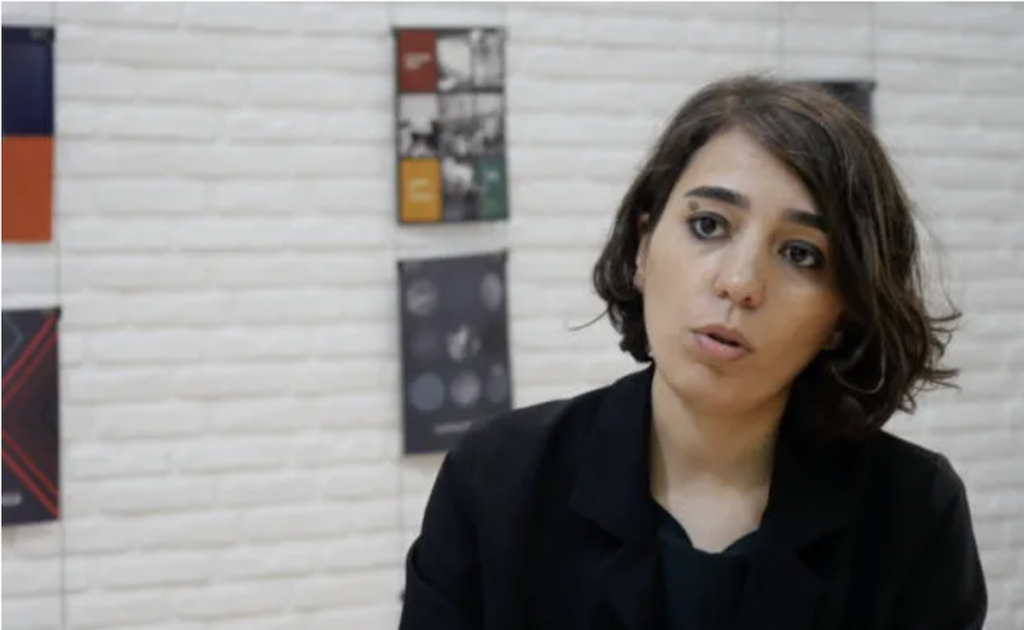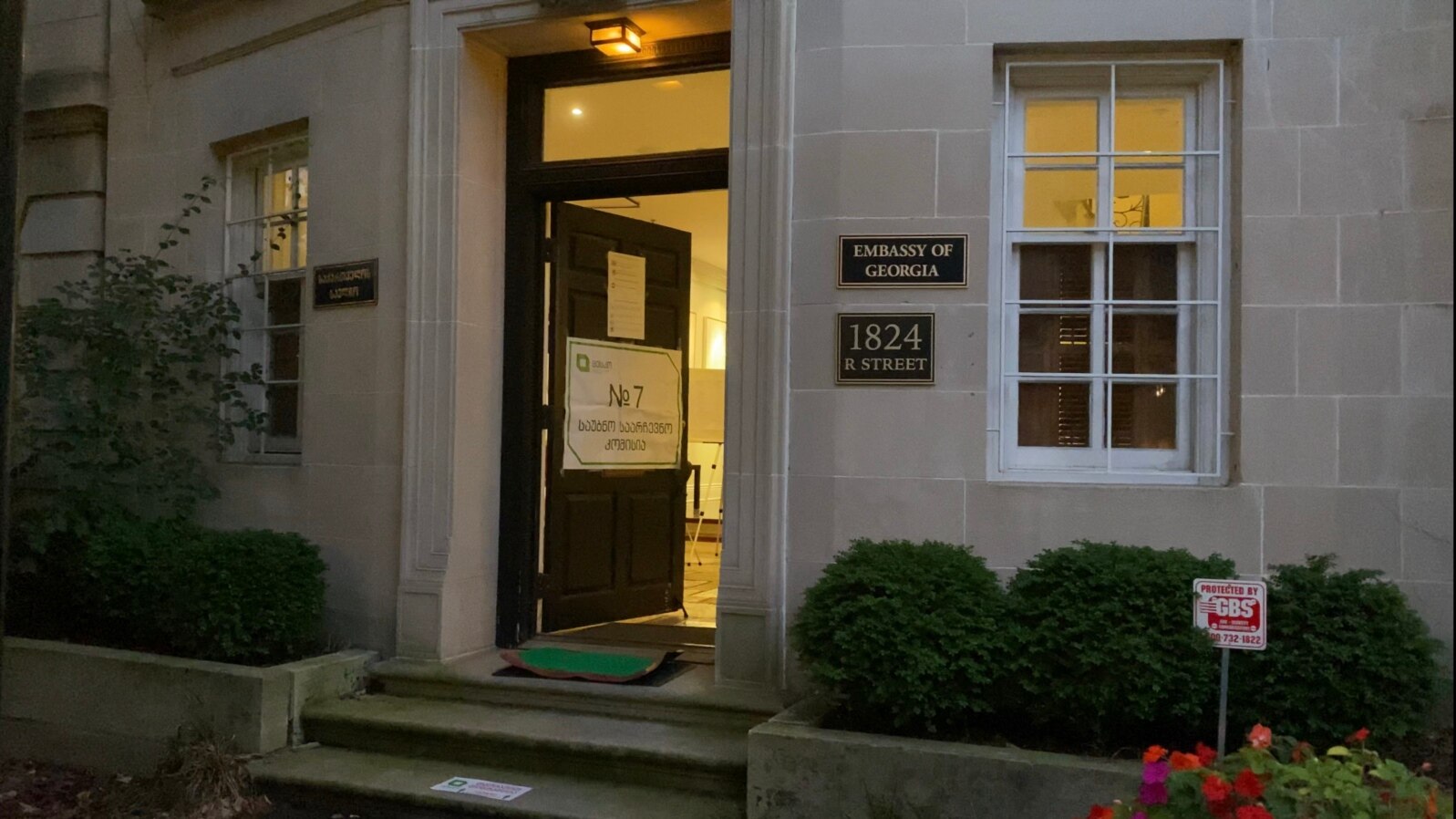Opinion: 'How will Georgian Dream supporters accept their wives, mothers and sisters losing right to vote?'
Amendment to Georgia’s electoral code
Tamta Mikeladze, director of the Centre for Social Justice, says that the ruling Georgian party’s move to restrict the voting rights of citizens living abroad not only serves to exclude opposition-leaning voters but also constitutes a serious violation.
Under a new legislative amendment that the Georgian parliament plans to adopt by the end of 2025, citizens living abroad will be allowed to vote in parliamentary and local elections only if they return to the country in person. Until now, they could cast their ballots at special polling stations set up at embassies and consulates in countries with significant Georgian diasporas. According to Parliament Speaker Shalva Papuashvili, the aim of the amendment is to prevent “external interference” in the elections.

Tamta Mikeladze said: “Depriving citizens living abroad of the right to vote in their place of residence is not only a political decision aimed at sidelining predominantly opposition-leaning voters and, presumably, a manipulation ahead of early parliamentary elections, but also a serious human rights violation.
Participation in elections is not a privilege; it is a fundamental right derived from citizenship. Denying this right to any group must be justified by a convincing, reasonable, and proportionate explanation from the government. Yet the ruling Georgian Dream party has offered no credible arguments for stripping citizens of a right they have exercised for decades. The claim of ‘external interference’ is false. Overseas elections are conducted by Georgian state bodies, the process is fully controlled by them, and there has been no evidence of foreign meddling over all these years. Therefore, this amendment can be considered unjustified and contrary to human rights principles.
In democratic theory, such actions are seen as the deliberate deprivation of rights of certain groups for the political gain of elites. Moreover, when a state excludes a significant portion of its citizens from the political body, a phenomenon known in research as ‘reduction of the demos’ occurs, which is a classic mechanism of authoritarianism.
In simple terms, according to Georgian Dream, citizens who were forced to leave their country due to government injustice and who live in the bleak reality of exhausting labor, separation from their families, and social isolation—sacrificing much for the economic future of the country—are no longer considered full citizens of Georgia (a significant portion of Georgians abroad are labor migrants who left to earn a living – JAMnews).
Numerous studies confirm that emigration does not weaken political ties to the state or homeland. On the contrary, the diaspora often remains one of the most economically, emotionally, and socially engaged groups.
Our emigrants maintain family, economic, and social connections, send remittances home, support their families, and often show greater political interest than citizens living inside the country. It is also important to remember that emigration in Georgia has a pronounced gender dimension, disproportionately affecting women.
It is deeply sad and troubling to see that the hardest-working and most resilient citizens are being politically rejected and excluded by their own homeland.
It will be interesting to see how Georgian Dream supporters reconcile the denial of voting rights—and ultimately political citizenship—to their wives, mothers, and sisters.”
Amendment to Georgia’s electoral code



















